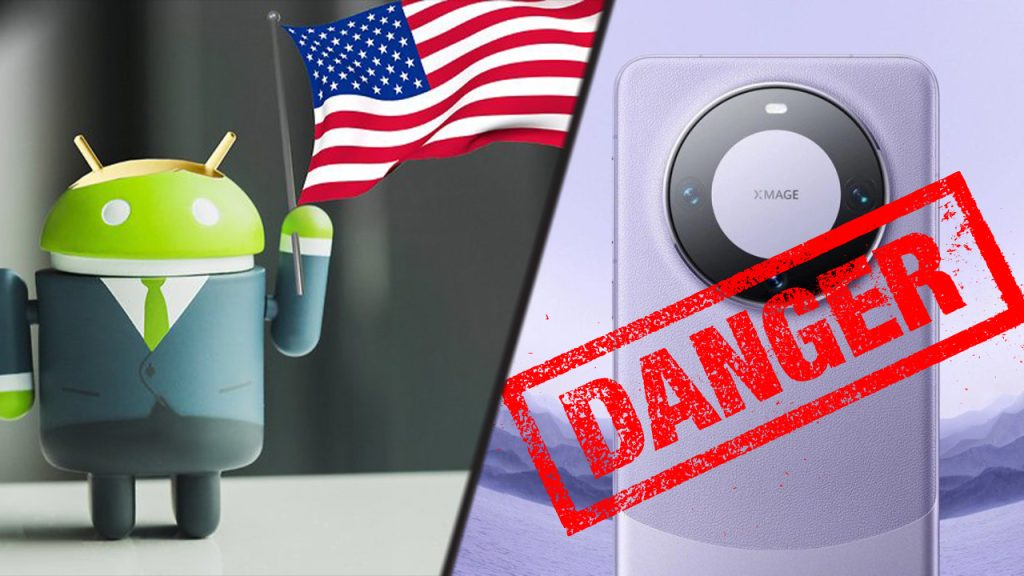Huawei’s smartphone adventure is undoubtedly one of the saddest stories of all time. Not too long ago, the company that was vying for market leadership has lost most of its users to competitors in every country outside of China. The main reason for this is the embargo imposed by the United States. Since 2019, Huawei has been banned from working with all US companies, including Google services.
Although the company still produces great phones like the Mate 60 and manages to attract the attention of users. However, all of this could soon get much worse. A US lawmaker is calling for the US Commerce Department to end all technology exports to Huawei and China’s top semiconductor firm SMIC. Here are the details…
Huawei and SMIC at Risk of Losing Access to US Tech
A US lawmaker is calling for the US government to stop exporting technology to Huawei and SMIC, following the discovery of new chips in Huawei Mate 60 that may violate trade restrictions. Representative Michael Gallagher, chair of the House of Representatives’ committee on China, said in a statement that the new chips “likely could not be produced without US technology” and that SMIC may have violated the Department of Commerce’s Foreign Direct Product Rule. He says that this is a threat to national security.

Gallagher’s proposal is likely to face opposition from some businesses, who say that it would hurt the US economy. But he argues that it is necessary to protect national security. As we mention above, Huawei has been under US sanctions since 2019, when the Trump administration added the company to a trade blacklist over national security concerns.
The sanctions have made it difficult for Huawei to obtain the components it needs to make its products. But, Gallagher says that these sanctions have not been enough. He wants to completely cut off the two companies from US technology. It is unclear whether the US government will heed Gallagher’s call. But his proposal is a sign of the growing tensions between the US and China over technology.
RELATED:
- Best 4K gaming monitors 2023 – Lenovo, Acer, Samsung & More
- Huawei’s new Kirin 9000s chips put Qualcomm in great trouble, suggests Analyst
- Huawei files lawsuit in a Lisbon court against Portugal’s Cybersecurity Council’s resolution on 5G equipment…
- Huawei founder Ren Zhengfei encourages talent development amid US sanctions
- Huawei Mate 60 Pro’s HiSilicon Kirin 9000s Chip Explained: 5 Key Questions Answered
(via)







